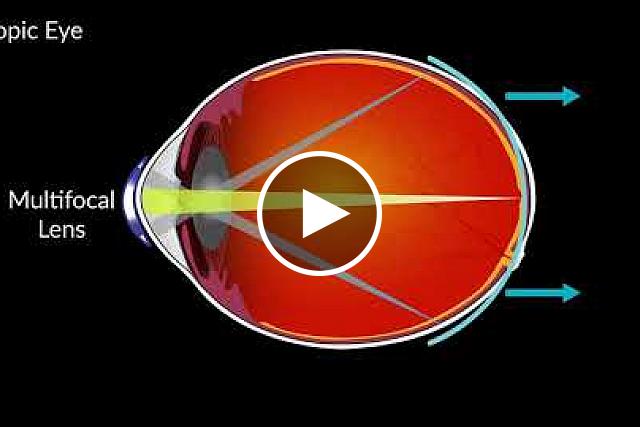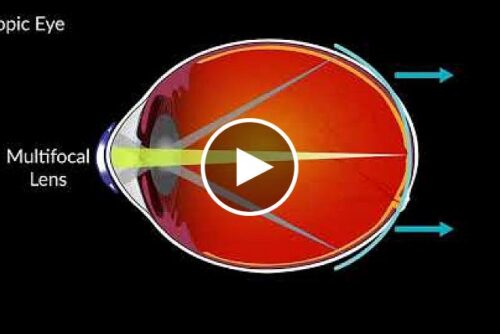
11 Aug Contact Lenses in Childhood May Slow Development of Nearsightedness
MedicalResearch.com Interview with:

Dr. Walline
Jeffrey J. Walline, OD PhD
Associate Dean for Research
The Ohio State University
Columbus, OH 43210-1240
MedicalResearch.com: What is the background for this study?
Response: Greater amounts of nearsightedness are related to higher risks of sight-threatening complications in adulthood, so anything we can do to slow the progression of nearsightedness in childhood can have meaningful benefits in the future.
As the prevalence of nearsightedness increases worldwide and affects approximately 1/3 of the people in the United States, a treatment that provides clear vision AND slows the progression of nearsightedness can have a profound effect.

BLINK study of multifocal contacts for myopia control.
MedicalResearch.com: What should readers take away from your report?
Response: Commercially available soft multifocal contact lenses (contact lenses typically used to help adults over the age of 40 year see clearly up close) can slow the progression of nearsightedness by slowing the growth of the eye. At your child’s next eye examination, you should ask about contact lenses that can slow the progression of nearsightedness.
MedicalResearch.com: What recommendations do you have for future research as a result of this work?
Response: Future research should aim to optimize the signals that lead to slower eye growth. Potentially, we can provide these same signals to children before they become nearsighted, perhaps delaying or preventing the onset of nearsightedness.
MedicalResearch.com: Is there anything else you would like to add?
Response: Children as young as 7 years old have been shown in many studies to be capable of independent wear and care of contact lenses. Contact lenses benefit children participating in sports or those who do not like to wear glasses. They help children see clearly, and the soft multifocal contact lenses also slow the progression of nearsightedness. The study was funded by the National Eye Institute of the National Institutes of Health.
Citation:
JOIN OUR EMAIL LIST
[mailpoet_form id="5"]We respect your privacy and will never share your details.
Last Modified: [last-modified]
The information on MedicalResearch.com is provided for educational purposes only, and is in no way intended to diagnose, cure, or treat any medical or other condition. Always seek the advice of your physician or other qualified health and ask your doctor any questions you may have regarding a medical condition. In addition to all other limitations and disclaimers in this agreement, service provider and its third party providers disclaim any liability or loss in connection with the content provided on this website.
Last Updated on August 11, 2020 by Marie Benz MD FAAD
